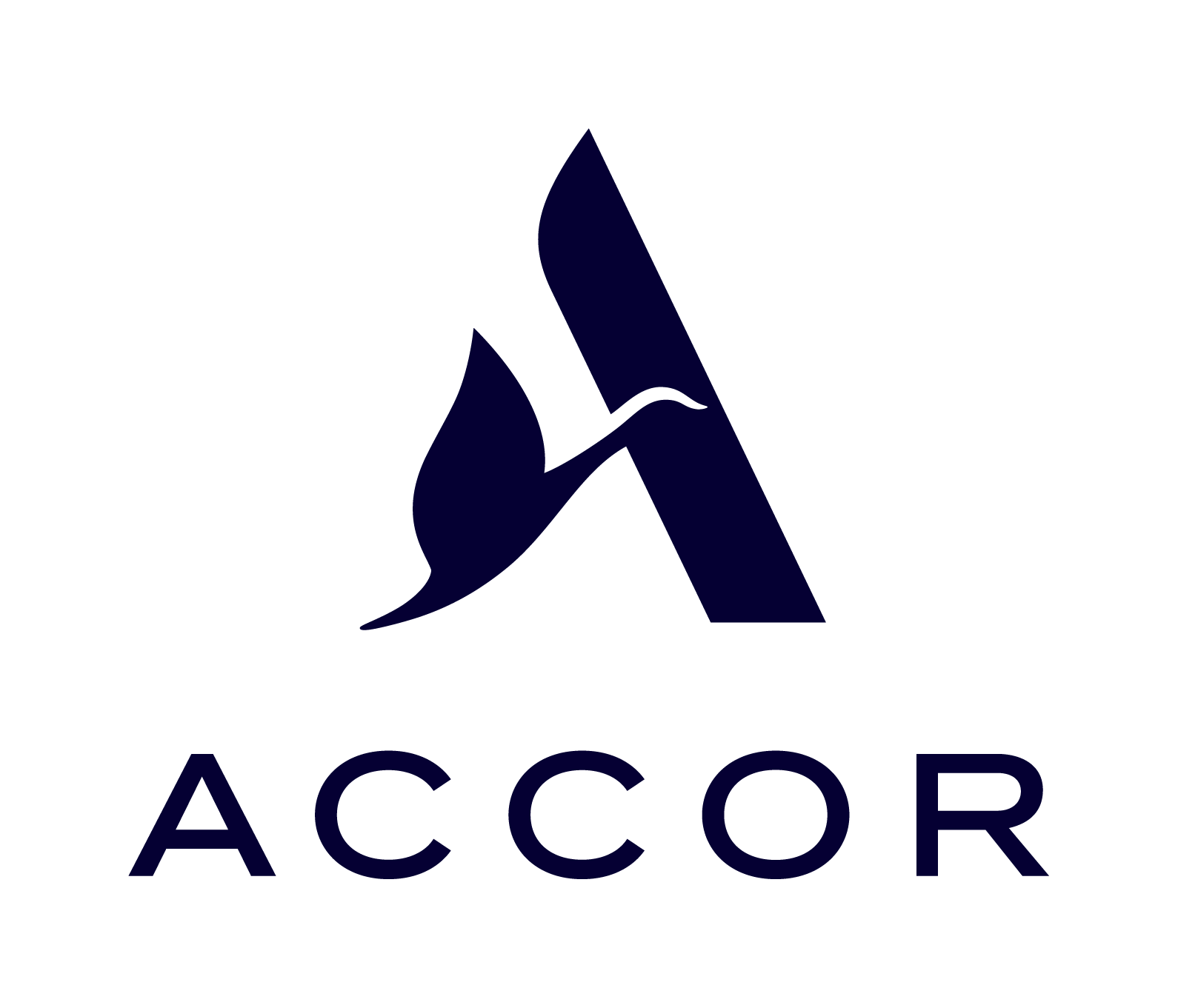Makkah Heritage
Mecca hardly needs an introduction, as its very name has come to mean any place that draws followers. Yet it is still important to fully understand the history and heritage of Islam’s holiest city.
Makkah’s history spans centuries. The site is said to be part of an ancient trade route between the Middle East and the Mediterranean Sea.
Heritage and History of Makkah
According to Islamic beliefs, Allah (SWT) commanded Ibrahim (PBUH), father of the prophets, to take Hajar (ASW) and their son, Ismail (PBUH), from Hebron (in present-day Palestine) to the distant valley of Bakkah. Ibrahim (PBUH) left them there with just a skin of water and a bag of dates, telling Hajar (ASW) that Allah (SWT) will provide. When the food and water ran out, she ran seven times between the two hills of Safa and Marwa – seeking water or help from a passing caravan. After the seventh time, she heard a voice and cried out for help. Then an angel dug his heel into the ground, from which sprang fresh water, and said to her that Ismail (PBUH) and his father will build a House of God on this spot.
The miraculous spring, named Zamzam (which means “”stop flowing””), attracted nomadic Arabs, who soon settled around the spot. Thousands of years later, the last prophet of God, Mohamed (PBUH), was born in Makkah. When he was 40 years old, he received the first of his revelations in a cave within Jabal Al Nur (Mountain of Light), just to the north of the city. The prophet began his ministry in Makkah, professing the one true God. Twelve years later, he would be driven from his city to Yathrib, later renamed Madinah. This migration, called Hijra, is the start of the Islamic calendar.
In 632, a decade after Hijra, Mohamed (PBUH) made the pilgrimage (al Hajj) to Makkah. This journey back to his birthplace is an example that faithful Muslims – regardless of where they reside – follow to this day.
Makkah Today
The holiest city in Islam has grown exponentially since antiquity. With ongoing construction projects, Hajj preparations and demand for hospitality services, workers from all over the Islamic world reside in Makkah. The food scene reflects this diversity, with American fast food chains and high-quality Turkish and Indonesian restaurants dotting the city. Shopkeepers speak a variety of languages. In addition, all major road signs are in Arabic and English.
The annual Hajj also drives modernity efforts. Located in the southern portion of the city, the Mashaer Railway – open only during Hajj – is a metro line connecting the top sites of Arafat, Mina and Muzdalifah. The latest expansion project includes a 4km tunnel and two metro stations near the Holy Mosque. The Haramain, a high-speed railway that connects Makkah to Madinah and Jeddah, is expected to be fully operational in 2018.
As it is a holy city, only Muslims are allowed within Makkah’s limits. On the approach, road signs indicate where Muslims may enter. All non-Muslims must take routes that bypass the city.
To the followers of Allah (SWT), the ancient yet cosmopolitan city of Makkah welcomes you.

